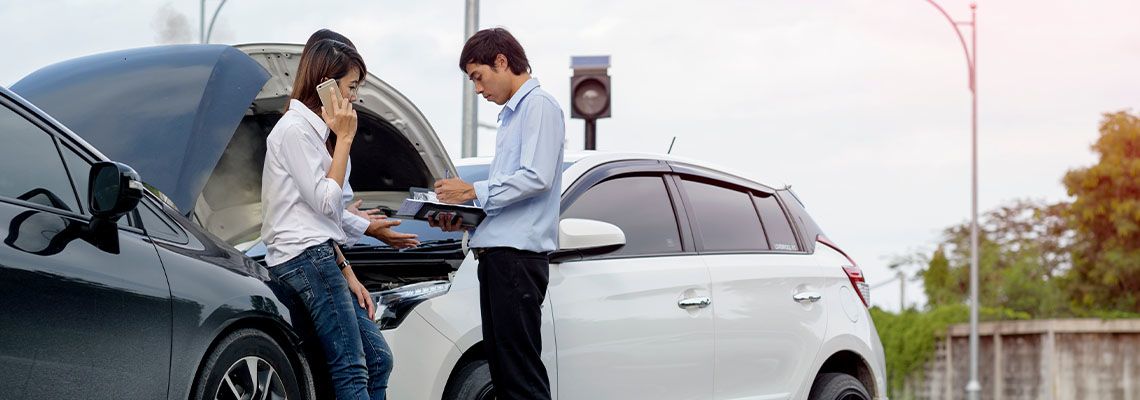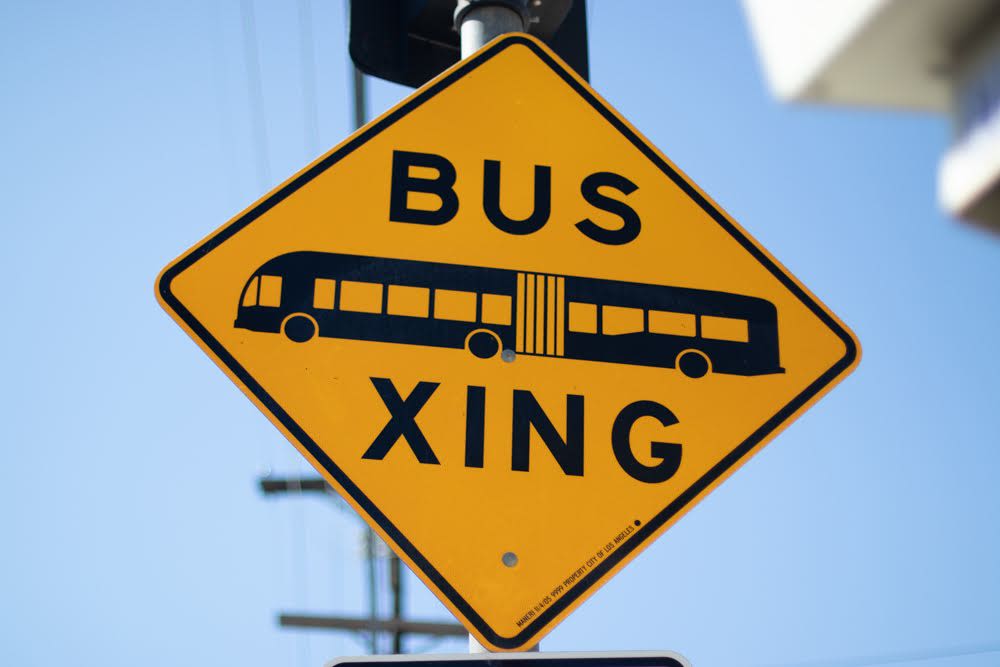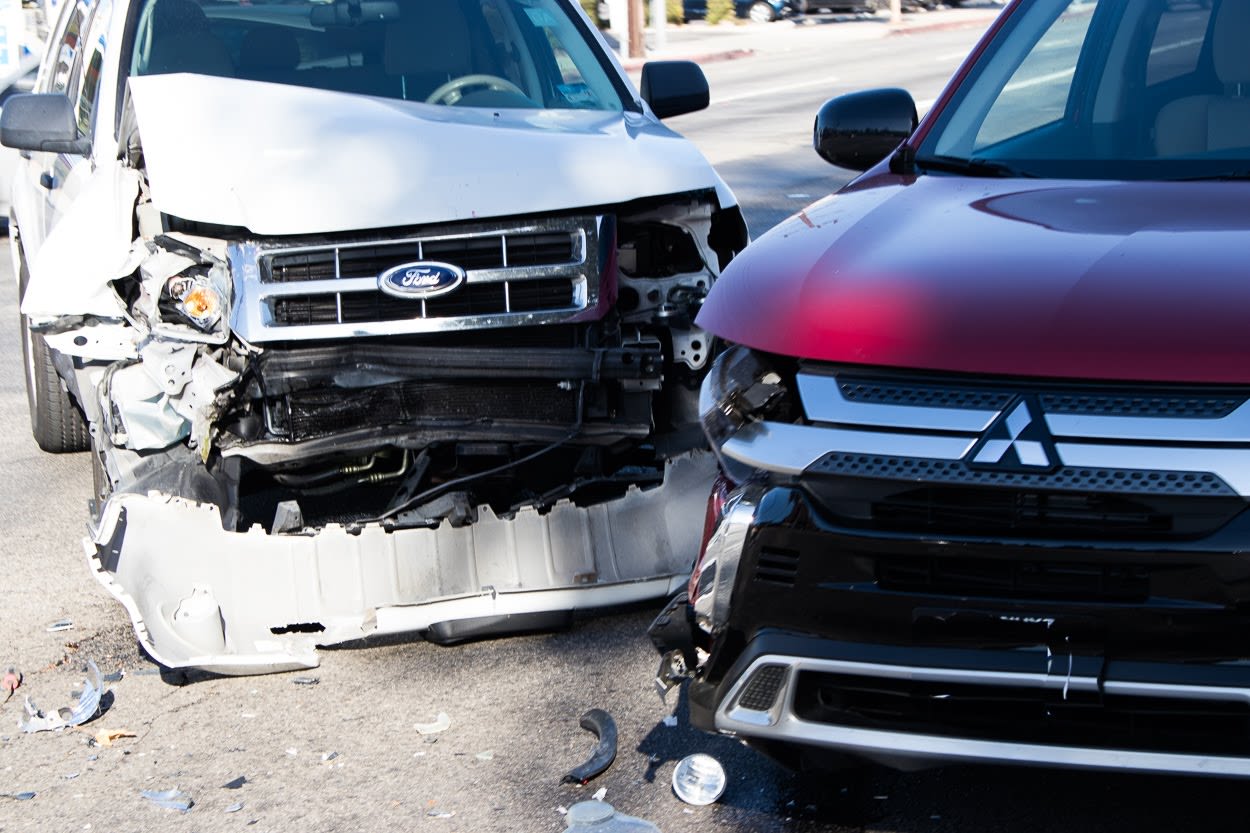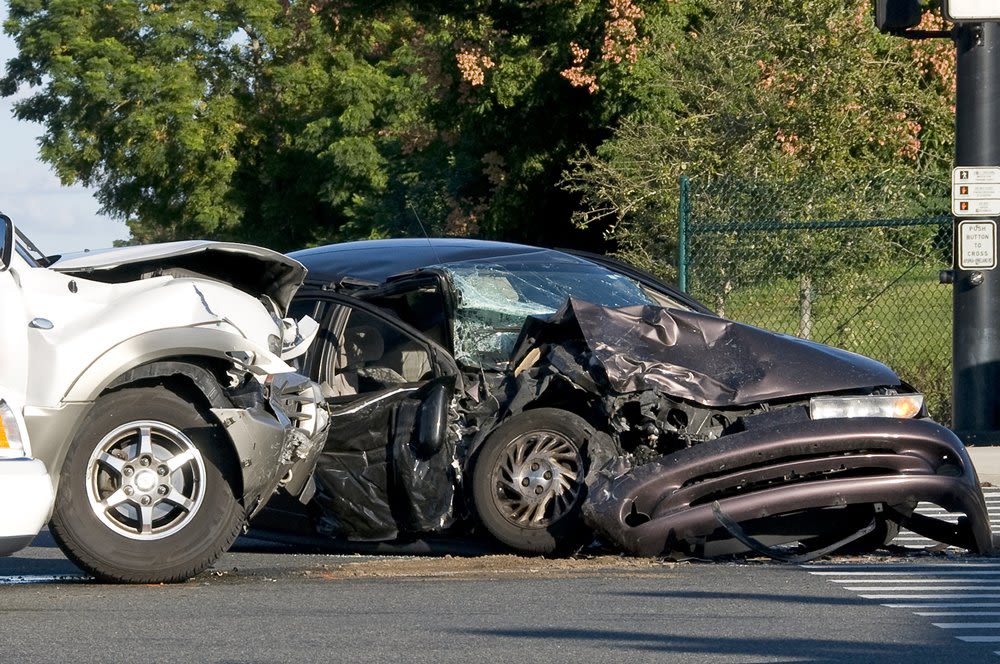
Following a car accident, it may seem polite to offer an apology or express concern for the other parties. However, some things you say could unknowingly be detrimental. In the aftermath of a car accident, knowing what not to say can be just as important as knowing what to say, as seemingly innocuous comments could be used against you down the line.
At Harrell & Paulson, we understand that the moments following a collision can be confusing and emotionally charged. However, what you say at the scene can significantly impact any potential legal proceedings or insurance claims. Here’s a guide on what you should avoid saying at the scene of a car accident to protect your legal and financial interests.
Understanding Car Accidents in Texas
Car accidents are governed by specific laws that dictate liability and compensation. In Texas, car accidents follow an "at-fault" system. This means that the driver found to be responsible for the accident is liable for the damages incurred.
This system contrasts with "no-fault" states, where each party's insurance covers their own losses regardless of fault. In Texas, proving the other party’s negligence is essential for securing compensation through a personal injury claim, regardless of the type of car accident.
Common Types of Car Accidents
There are several common types of car accidents on Texas roads. Each has different legal implications and varying difficulties for determining liability.
Rear-end collisions: These often result from tailgating, distracted driving, or sudden stops. In most cases, the driver who rear-ends another vehicle is considered at fault.
Intersection accidents: These often involve running a red light or stop sign, misjudging another vehicle's speed, or failing to yield. Determining fault can be difficult and often requires witness statements or video evidence.
Side-impact collisions (T-bone accidents): These typically occur at intersections when the front of one vehicle crashes into the side of another.
Head-on collisions: These occur when a driver drifts into oncoming traffic, potentially due to intoxication, fatigue, or distraction, and often result in serious injuries or fatalities.
Single-vehicle accidents: These involve only one vehicle and may be caused by driver error, poor road conditions, or mechanical failure. The driver is often presumed to be at fault.
Understanding these accident types can help you better handle the aftermath of a collision and help you take the appropriate steps to protect your legal and financial interests. However, what you say following an accident can significantly impact your car accident claim.
What You Shouldn't Say at the Scene of a Car Accident
Following a car accident, it's essential to remain calm and collected. It can be tempting to express regret or apologize, even if you weren't at fault. However, some statements can hurt your chances of securing compensation or shift the liability to you. Some things you shouldn't say at the scene of a car accident include the following:
Avoid Admitting Fault
One of the most crucial things to remember is to never admit fault, even if you believe you might be partially responsible for the accident. Statements like "I'm sorry," "I didn't see you," or "It was my fault" could potentially imply guilt or responsibility for the accident or be used to show negligence on your part.
Instead, leave the determination of fault to the police and insurance companies.
Refrain from Speculating About Injuries
It’s natural to want to assure others or ourselves that we are okay. However, avoid saying things like "I'm fine" or "No one is hurt." Some injuries, such as whiplash or internal injuries, might not be immediately apparent.
Refrain from making any comments about your or others' health until a medical professional has evaluated everyone involved, as this could harm your chances of receiving compensation for any future health issues related to the collision.
Do Not Discuss Specifics of Insurance Coverage
At the scene, it's unnecessary and potentially harmful to discuss the specifics of your insurance coverage with the other parties. Sharing information like the limits of your policy or the existence of comprehensive coverage could complicate matters later.
Instead, exchange basic insurance details, such as the insurance company and policy number, without divulging any more information than necessary.
Limit Conversations with the Other Party
Engaging in extended conversation with the other driver or witnesses can be tricky. It's easy to say something that could be misconstrued. Politely exchange names, contact information, and insurance details, but avoid making small talk about the accident itself.
Speak Cautiously with Law Enforcement
While we should always cooperate with law enforcement, remember that anything we say can be recorded in the police report. While it's important to provide a factual account to the police, avoid getting into lengthy explanations or speculation about what happened.
Statements like "I think I might have..." or "Maybe they..." can be misinterpreted or taken out of context. Provide the necessary details but refrain from volunteering additional information or speculating about the cause of the accident.
Be Careful When Talking to Insurance Adjusters
Insurance companies often look for ways to minimize their payout. When contacted by an insurance adjuster after the accident, provide accurate information but avoid making statements like "I feel fine" or "I didn’t see them at all," which could be used to undermine your claim or imply fault.
Actions You Should Take Following a Car Accident
While there are certain things you shouldn't say at the scene of an accident, there are a series of steps you should take to protect your health and legal rights. These include:
Ensure your safety: Check yourself and your passengers for injuries. If possible, move to a safe location away from traffic to avoid further harm. Turn on your hazard lights to alert other drivers of the accident.
Contact the police: Regardless of how minor the accident appears, call the police to document the incident and file a report. The police report can be used as evidence in any future legal proceedings.
Seek medical attention: Even if you feel fine after an accident, seek medical attention as soon as possible. Some injuries may not manifest immediately but could require treatment or compensation down the line.
Document the scene: Take photos of the accident, any visible injuries, road conditions, traffic signs, and any other relevant details. Gather witness statements, and keep track of all information related to the accident. This documentation can serve as vital evidence in your case.
Exchange information: Exchange details with the other driver(s) involved, including names, contact numbers, driver's license numbers, license plate numbers, insurance details, and vehicle descriptions.
Notify your insurance company: Report the accident to your insurance company and provide them with the factual information you've collected. Be honest, but remember to avoid speculating or admitting fault.
Contact an experienced attorney: If you've been injured in a car accident due to someone else's negligence, it's essential to seek legal advice. An experienced attorney can help protect your rights and help you pursue fair compensation for your losses.
Seek Experienced Legal Guidance
Despite the emotional turmoil following a car accident, it's important to be mindful of what you say—and what you don't say—at the scene of a car accident. That’s why we recommend consulting with an experienced accident attorney.
At Harrell & Paulson, located in Kaufman, Texas, we aim to help our clients understand their rights and provide experienced legal representation to help them through the claims process. If you or a loved one was involved in a car accident, contact us to schedule a consultation.
Our firm serves clients throughout Forney, Terrell, and Rockwall.



